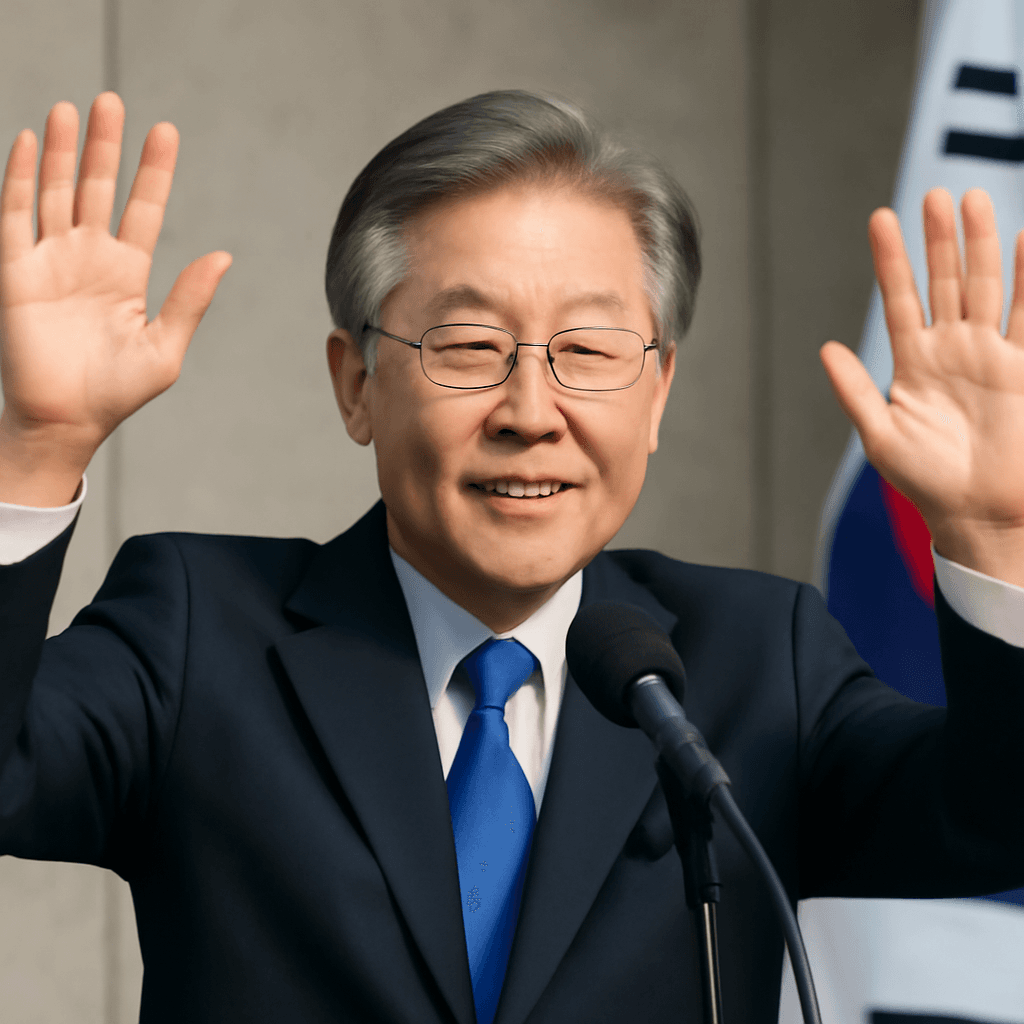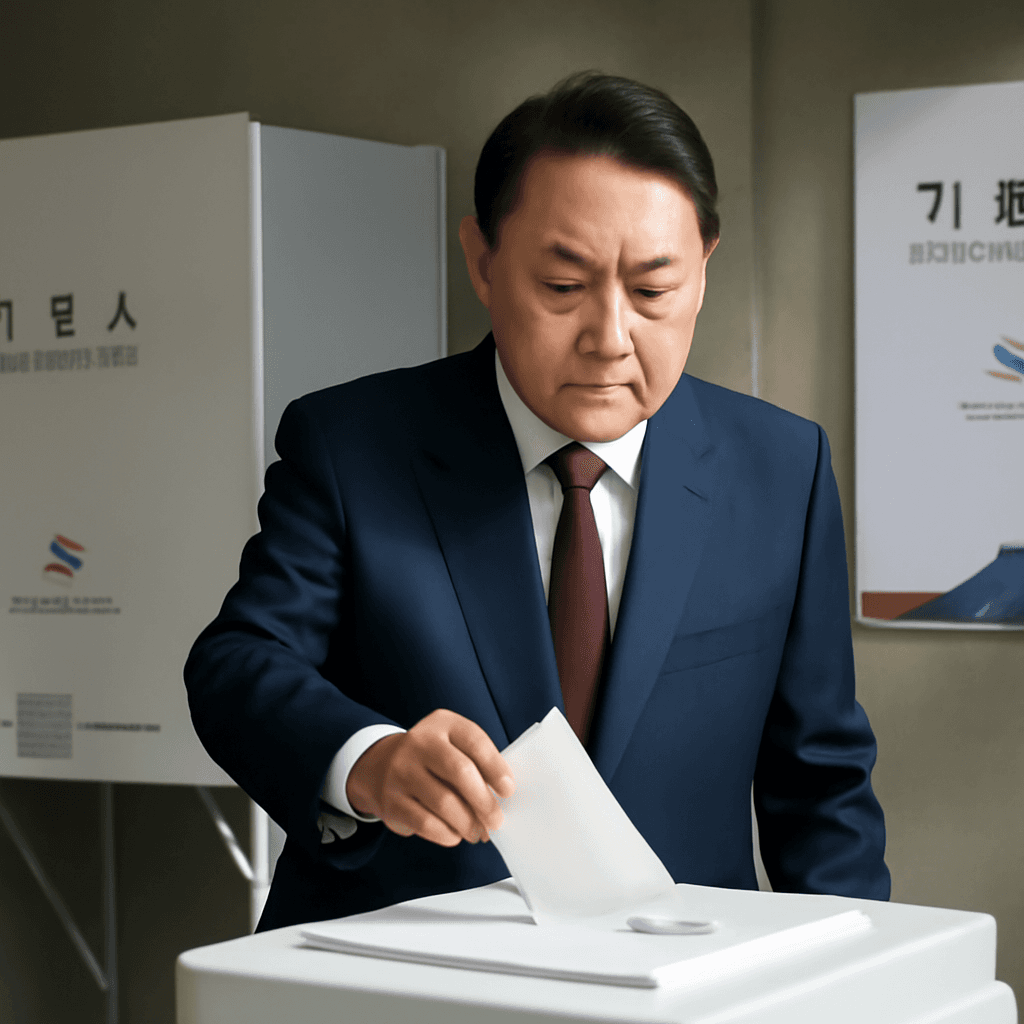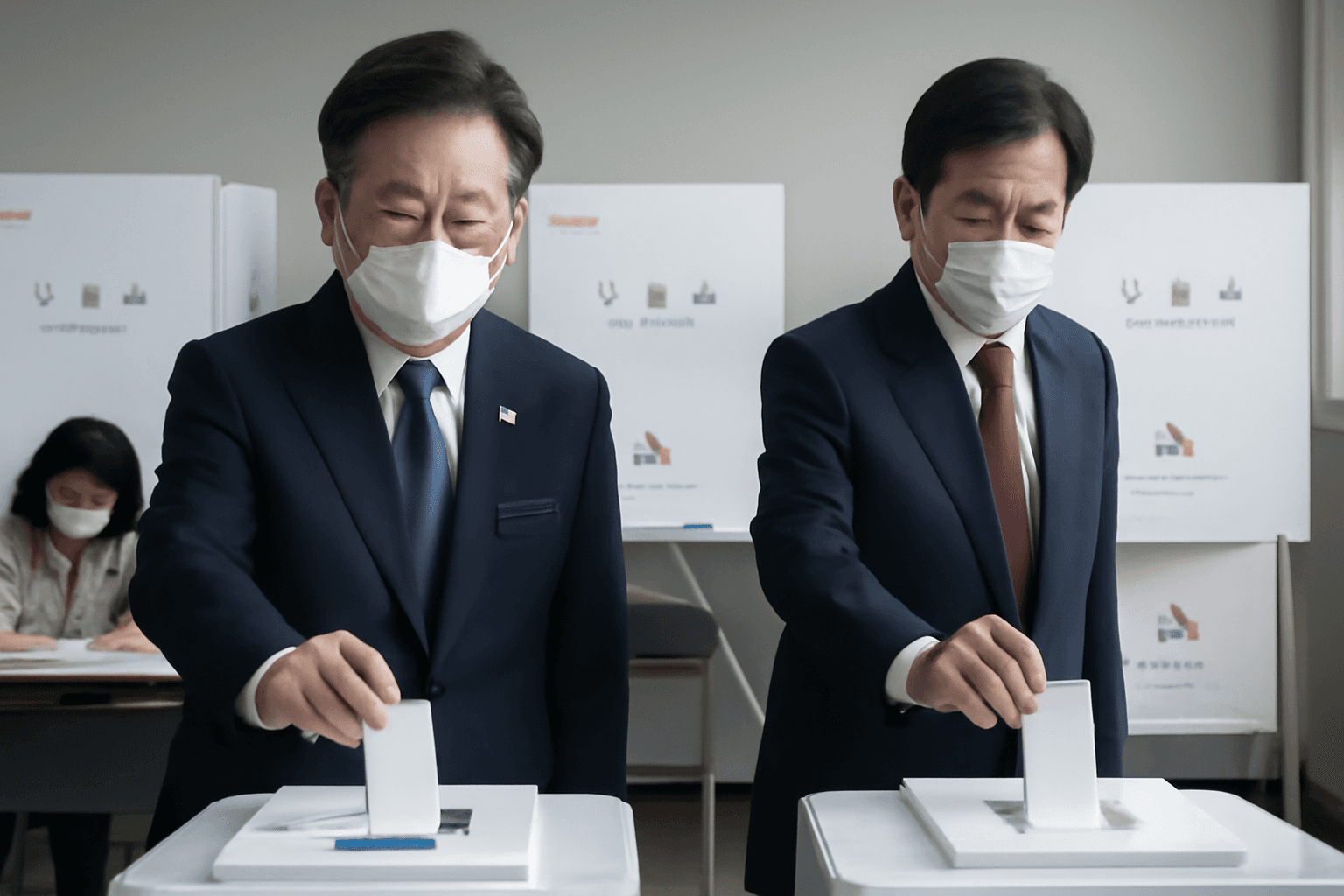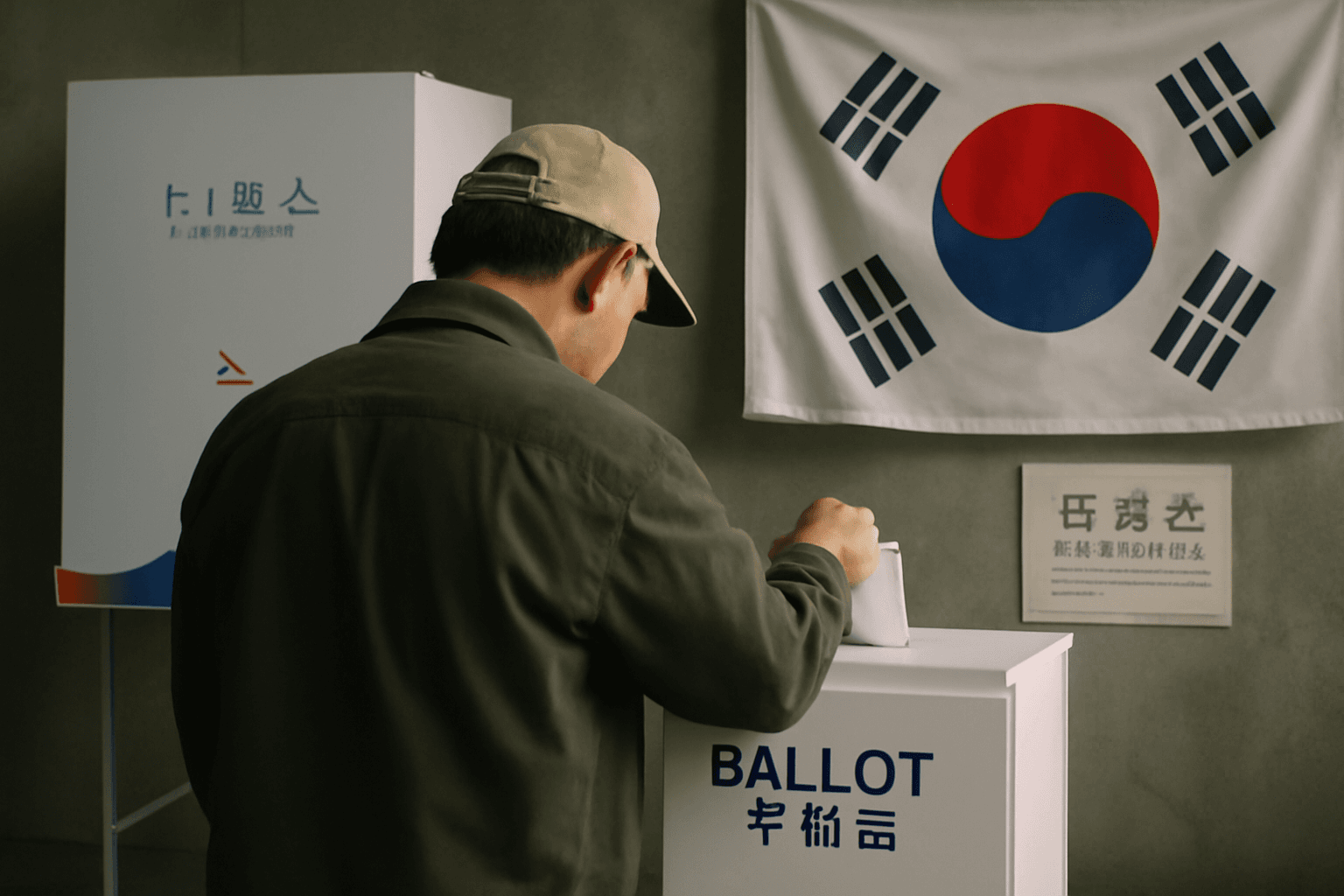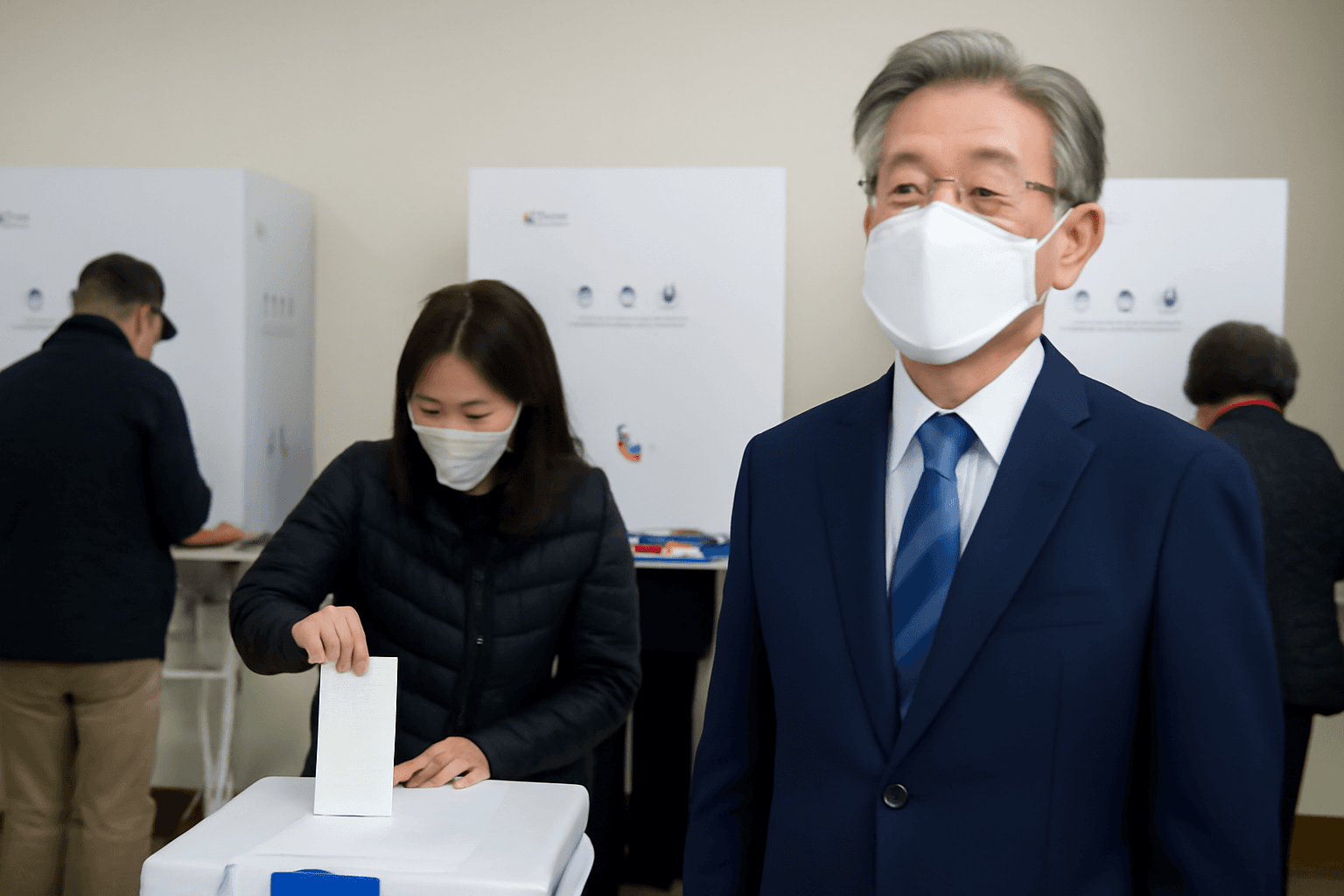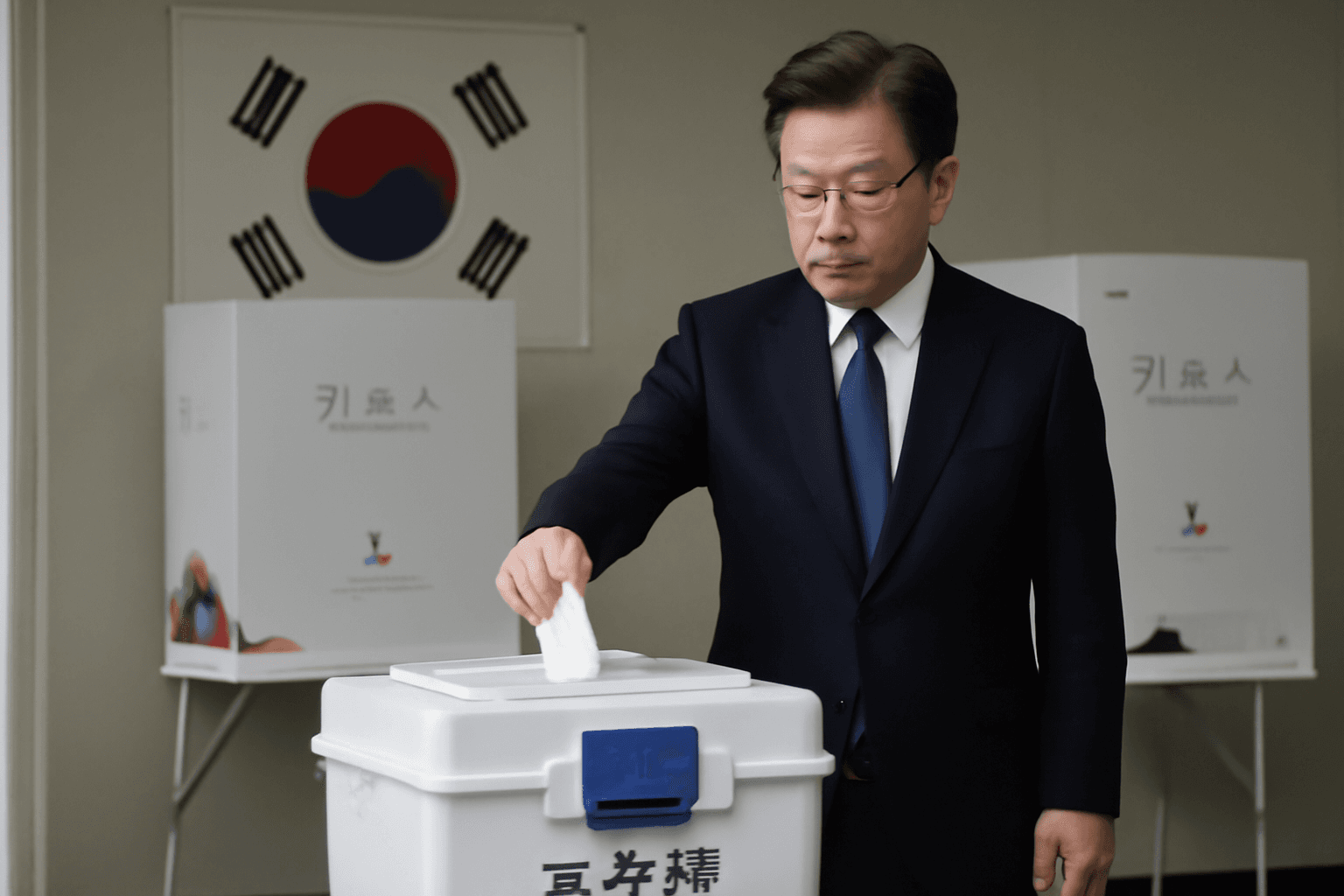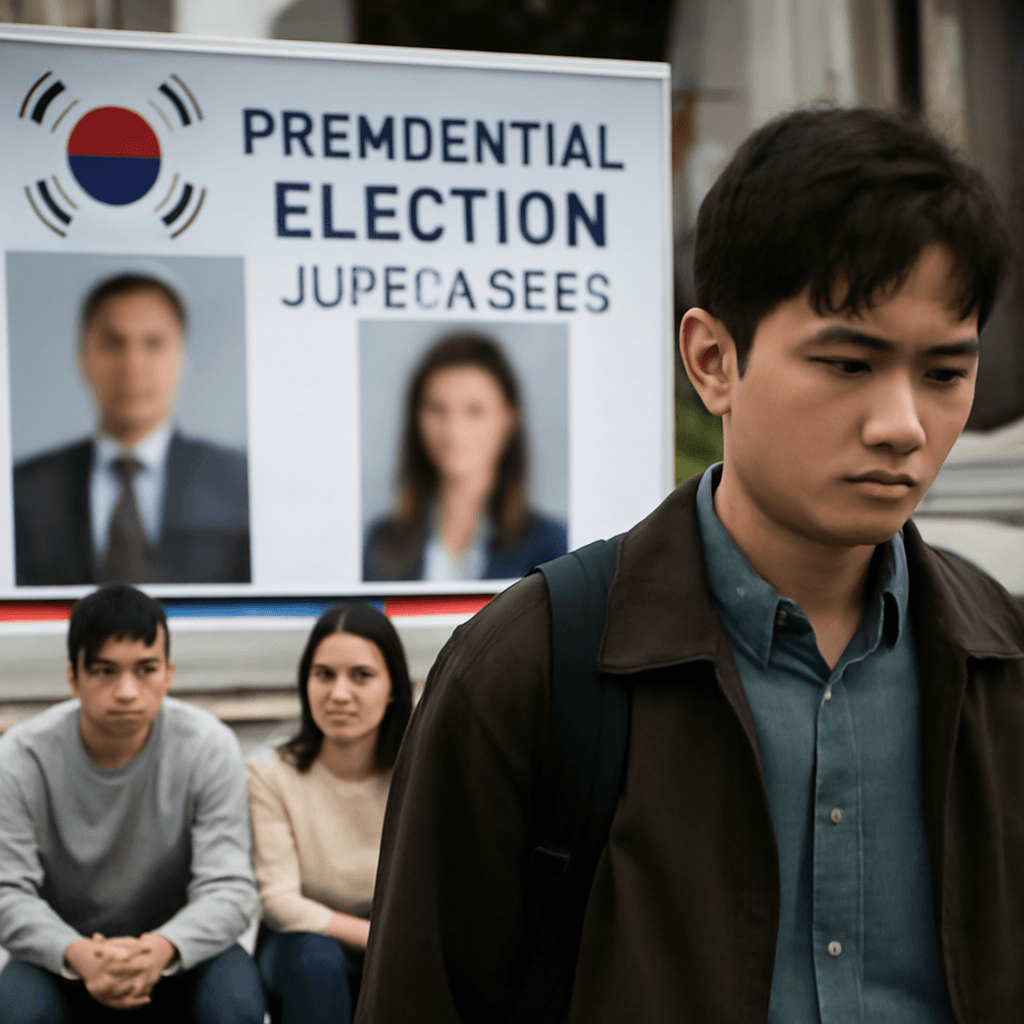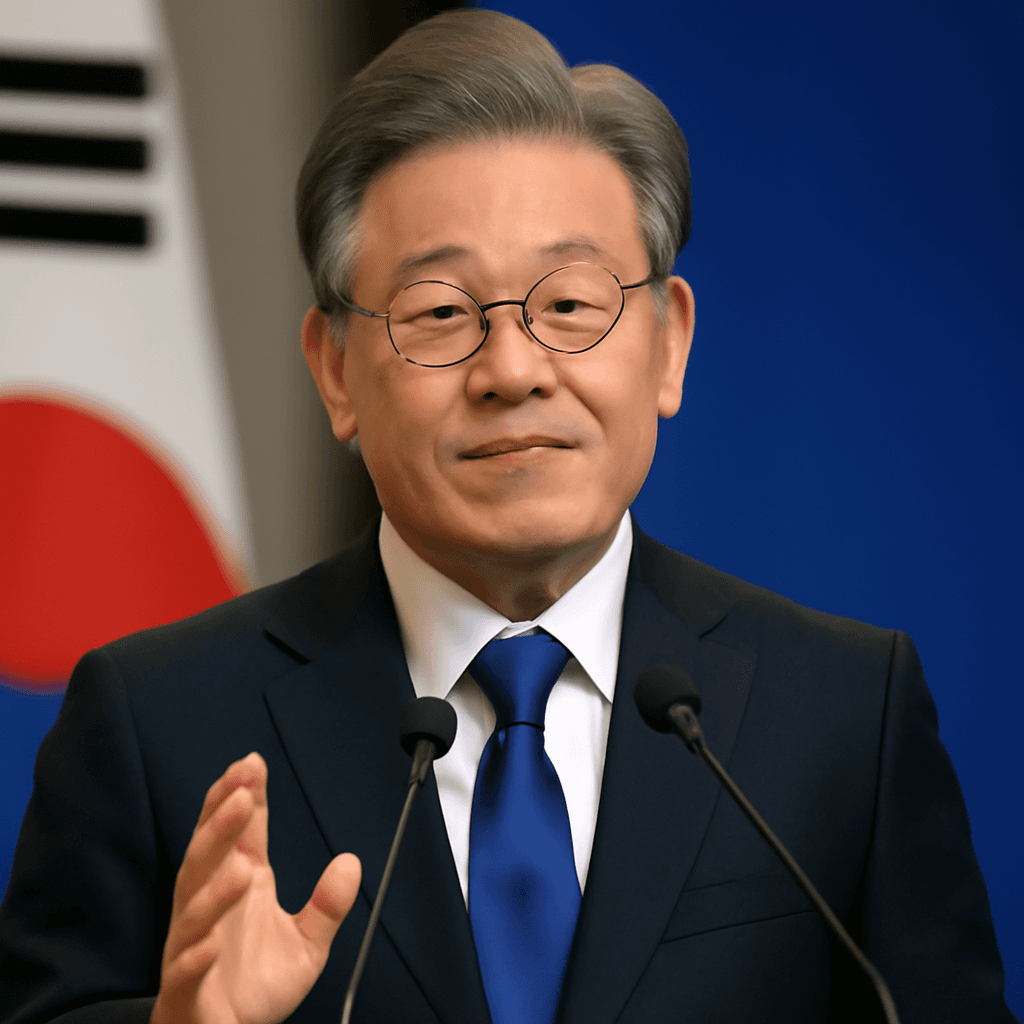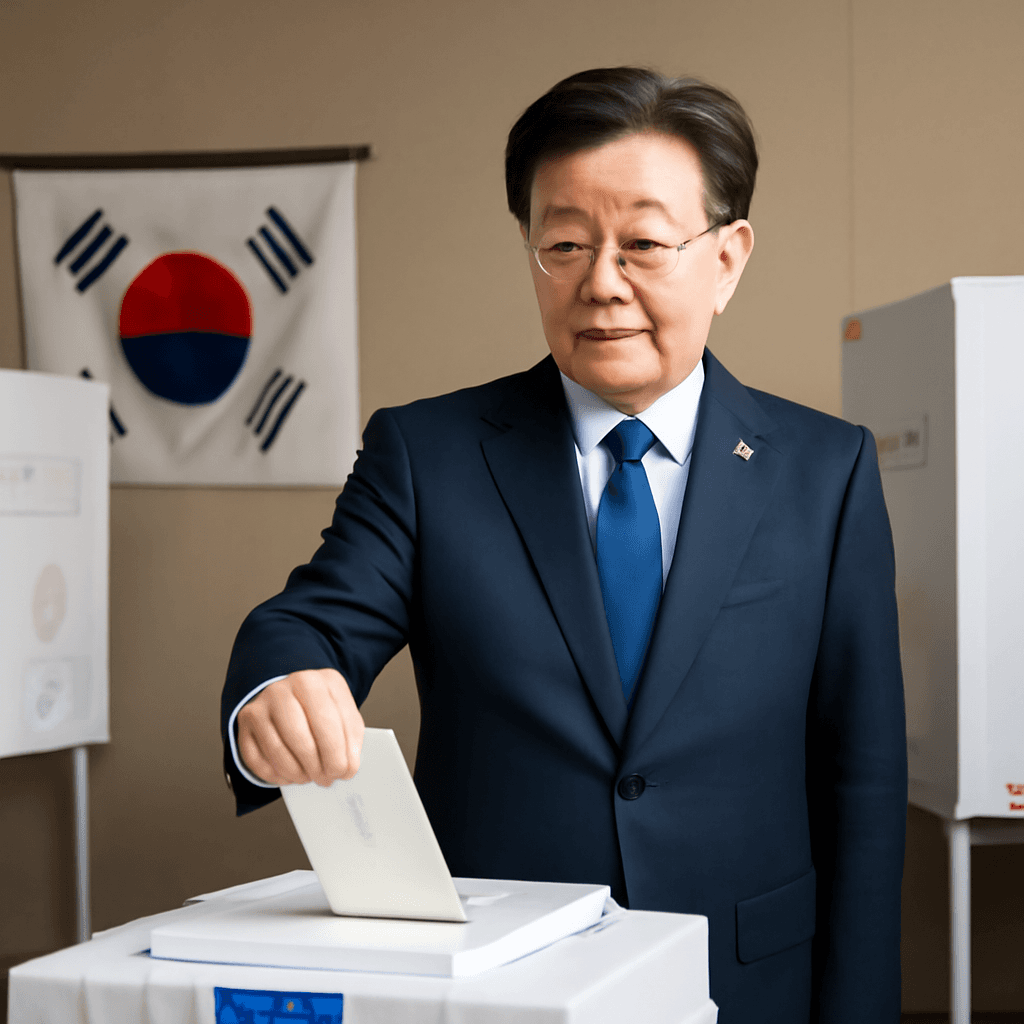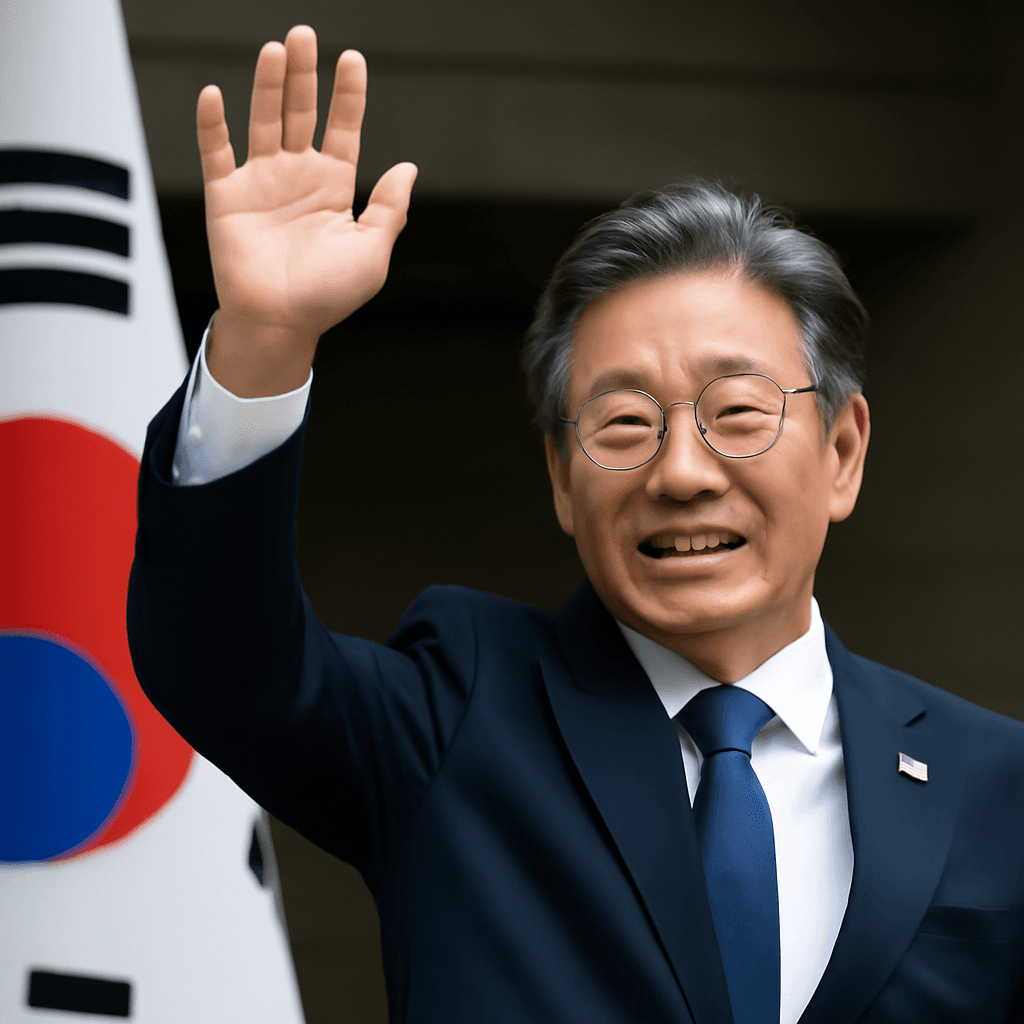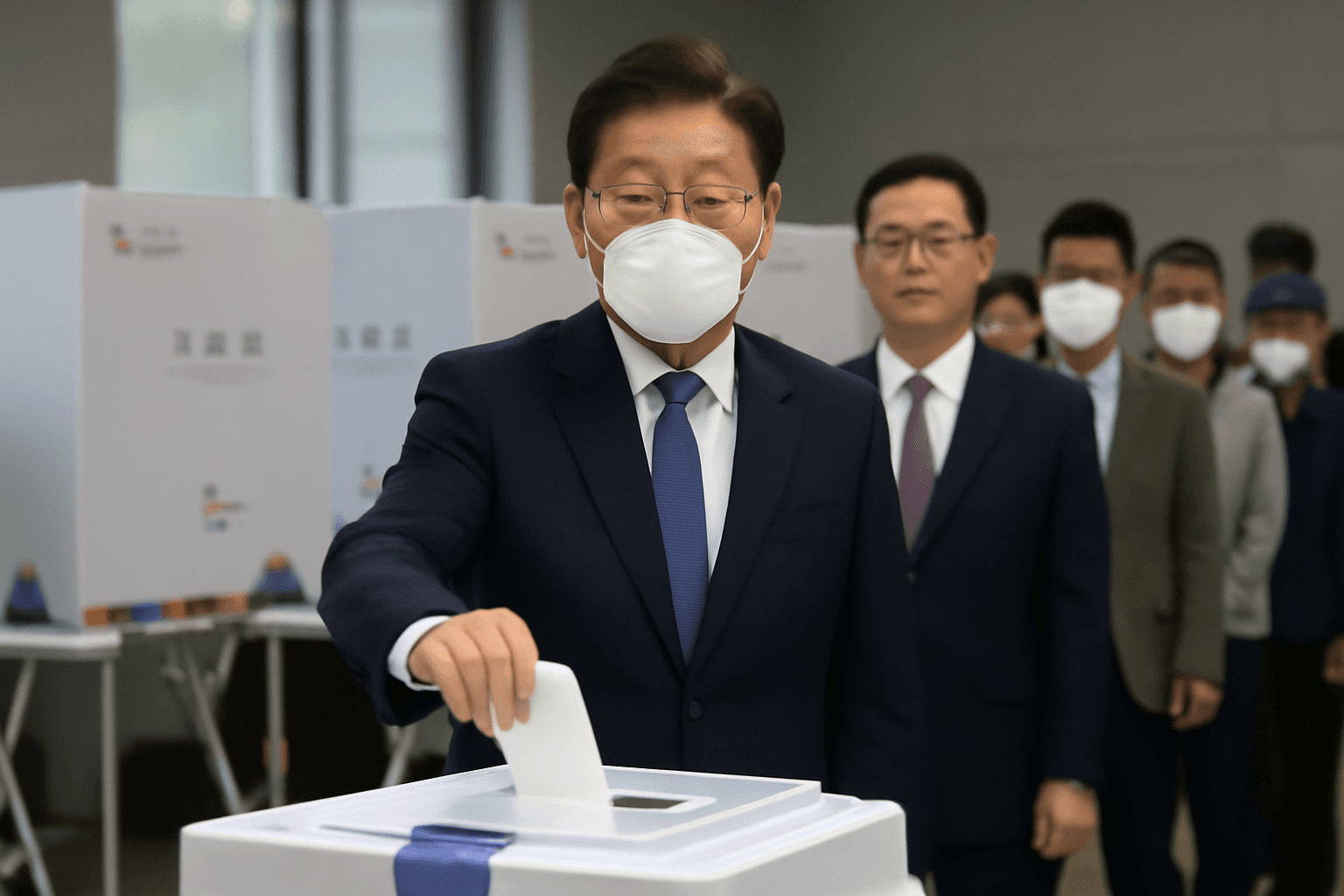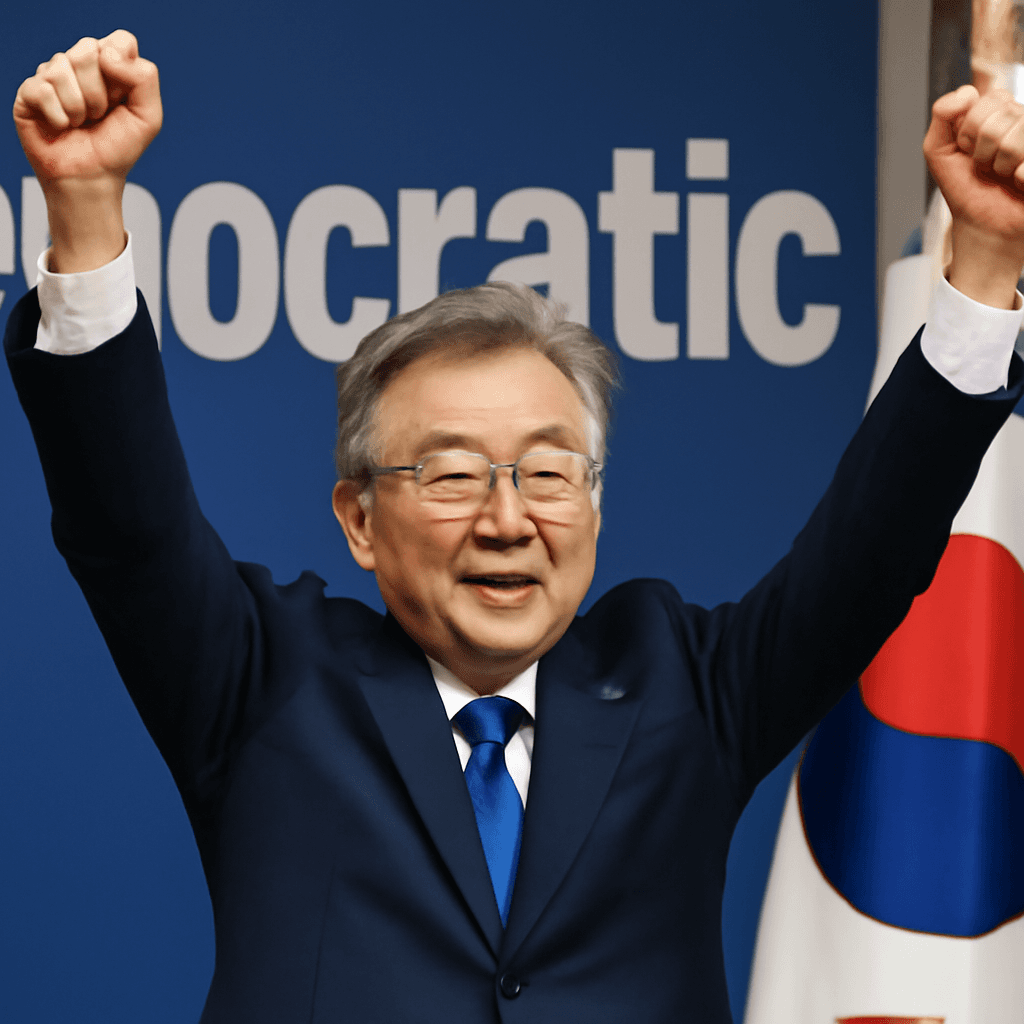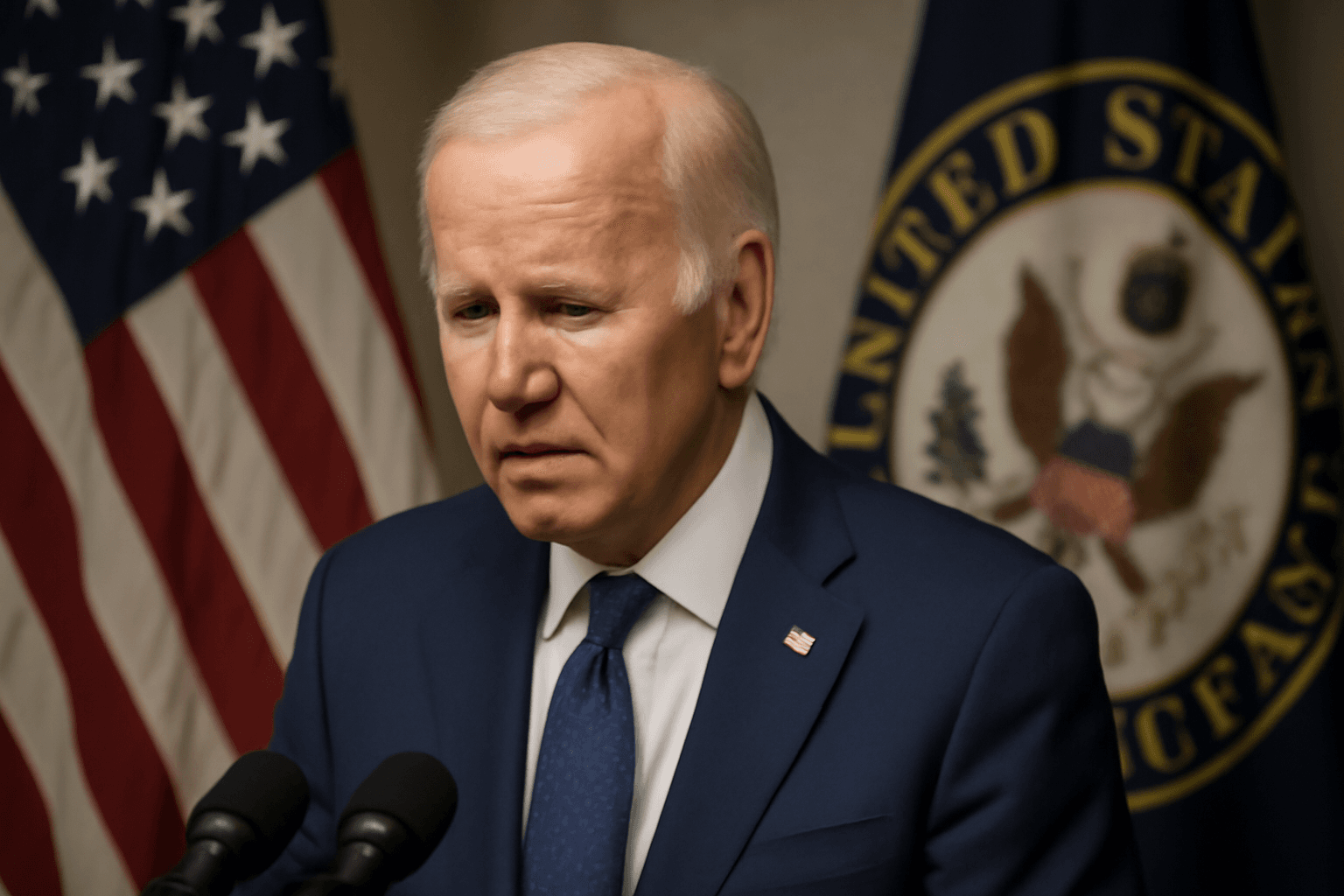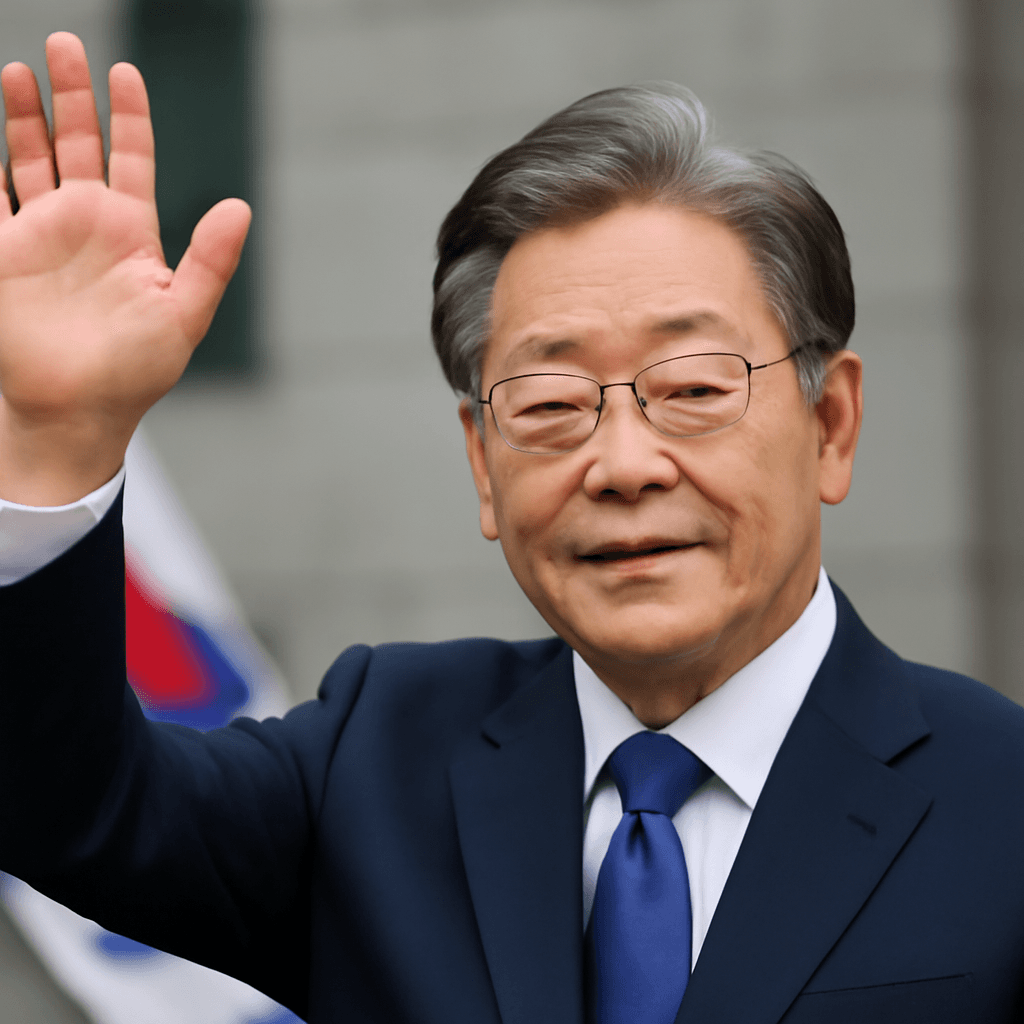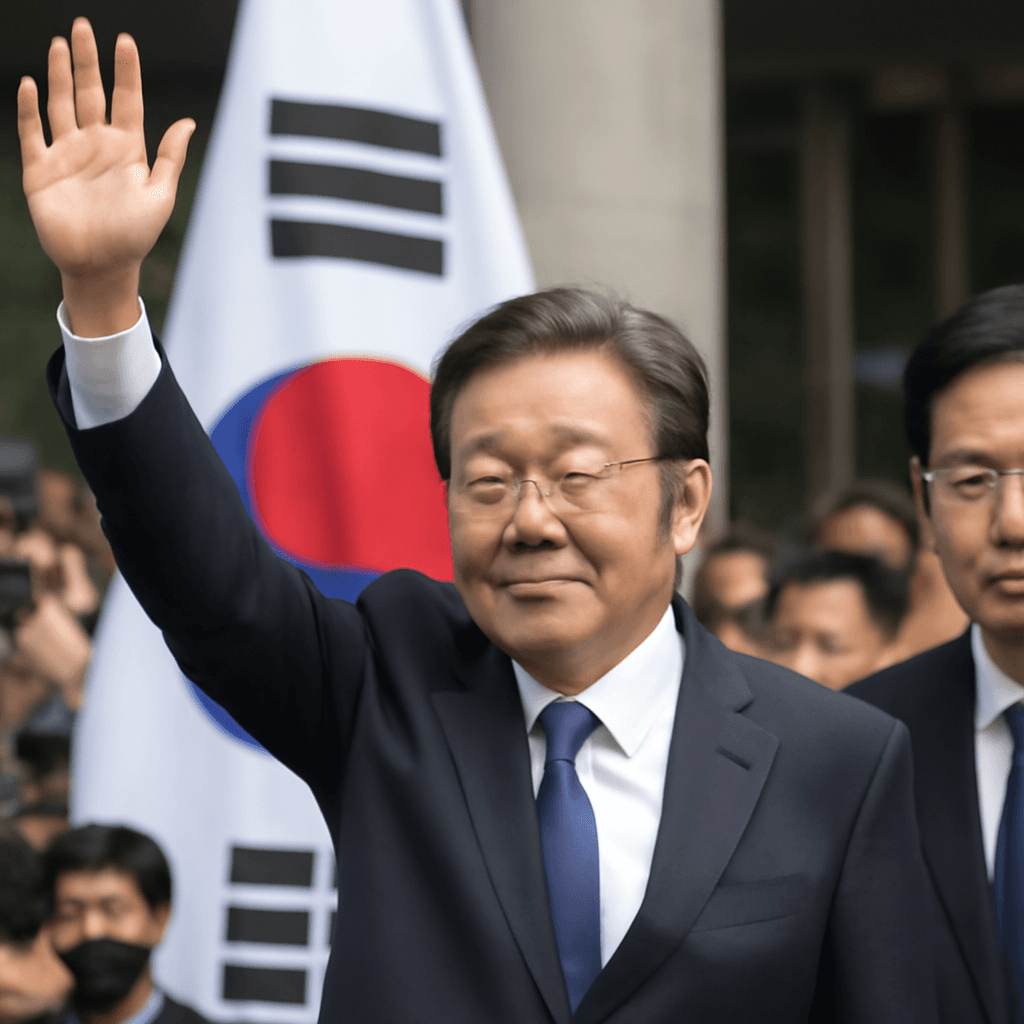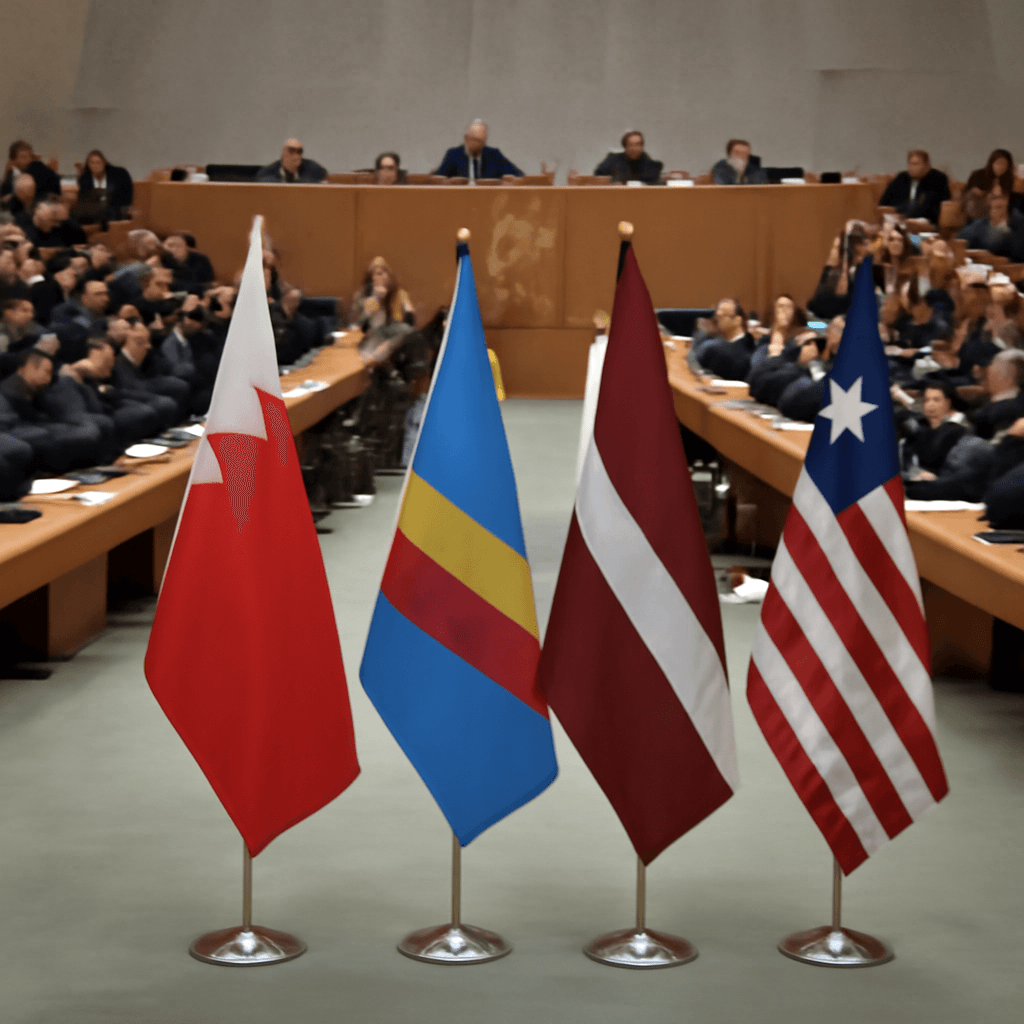Lee Jae-myung Secures Presidency in South Korea's Snap Election
Lee Jae-myung, the candidate from South Korea's Democratic Party, has won the country’s recent presidential election held following a turbulent political period that included the impeachment of former president Yoon Suk Yeol and a brief imposition of martial law.
Election Results and Concession
With approximately 70% of votes counted, Lee led decisively with 48.523% of the vote. This lead prompted his main opponent, conservative candidate Kim Moon-soo from the People Power Party, to concede defeat early Wednesday morning. Kim acknowledged the electorate's decision and congratulated Lee on his victory.
Lee's Statement and Vision for Presidency
Emerging from his residence in Incheon, Lee expressed gratitude towards voters and emphasized his commitment to fulfilling the responsibilities of his new office. He promised to bridge political divides, stating that uniting the people would be a priority during his tenure as president of Asia’s fourth-largest economy.
Context of the Election
The snap election was necessitated by a severe political crisis linked to the ousting of Yoon Suk Yeol and his controversial declaration of martial law in early December. Though the martial law order was swiftly revoked, it unsettled the nation amid an ongoing economic downturn, growing income inequality, and debates regarding South Korea's security alliance with the United States.
Factors Influencing the Outcome
Lee, 61, a former human rights lawyer and two-time presidential candidate, capitalized on public discontent with the previous government and expectations for change. Conversely, Kim Moon-soo struggled to attract moderate voters due to divisions within his party and unclear positions on Yoon’s legacy.
Voter Turnout and Electoral Participation
- Total voter turnout reached an impressive 77.8% an hour before polls closed, surpassing turnout in the 2022 presidential election.
- More than one-third of the 44.39 million eligible voters had participated through early voting.
- Official results were anticipated within several hours after the 8 pm local time poll closure.
This election marks a significant moment in South Korea’s political landscape, reflecting citizens’ desire for stability and progressive governance following recent upheavals.

